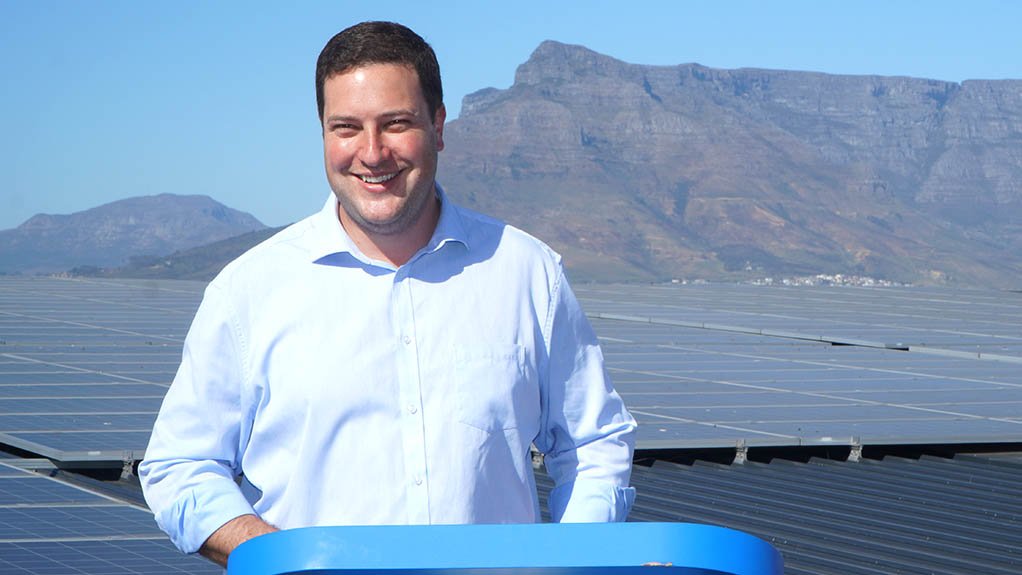The City of Cape Town announced on Tuesday that it will pay cash and an incentive to businesses that feed their excess power into the grid, laying the basis for further future loadshedding reductions.
The same will be extended to households generating their own energy later this year.
Cape Town municipal customers are already shielded from one stage of loadshedding most of the time by the City's own pumped storage power station on the Steenbras Dam. Mayor Geordin Hill-Lewis said the aim is to extend this to four stages through this initiative and others in the pipeline.
"The future is now, as we aim to immediately roll out the paying of cash for power. Payments to commercial customers will be possible before June and within the year for any Capetonian with the necessary City-approved generation capacity. If you’re thinking of investing in a solar system, it just got more attractive," he said.
To pay cash to entities feeding into the municipal grid, the City had to apply for exemption from the National Treasury from public procurement legislation which requires competitive bidding for all purchases. The City also dropped the policy requirement that customers be "net users" of electricity, which previously only allowed municipal bills to be credited for excess power, instead of cash payments.
Thirdly, the City had to apply to the National Energy Regulator of SA (Nersa) for an approved feed-in tariff. Hill-Lewis said the City had decided to pay an incentive on top of the Nersa tariff of 78,98c/kWh to encourage investment in embedded generation. The incentive will add 25c/kWh. The City has a budget of R15-million to pay small-scale embedded generators for the remainder of this financial year which ends in June.
A kWh is a single unit on an electricity meter.
"We aim to buy electricity from as many City supplied customers as are willing to sell to us. These customers may now produce as much power as they can from their approved systems and feed it into Cape Town’s grid. As our network of home power producers grows, so will our City’s energy security. This has the potential to be a powerful force to end loadshedding over time, together with our Independent Power Procurement programme, and Power Heroes incentives for voluntary energy savings,’ said Mayor Hill-Lewis.
Cape Town's power heroes' initiative aims to recruit users who volunteer to reduce their usage at critical times through remotely controlled installed devices. A tender for entities to sign up users was issued in October.
The City has also begun a wheeling pilot project, to lay the groundwork for businesses that generate their own electricity to wheel it across the grid to other businesses or customers for a fee.
To feed power into the grid or wheel across, customers need to have their system approved and an Advanced Metering Infrastructure (AMI) meter installed by the City. This bi-directional meter allows accurate reporting of the amounts of energy consumed and generated.
As the meter is costly, Hill-Lewis says officials are working on finding a cheaper alternative.
EMAIL THIS ARTICLE SAVE THIS ARTICLE
To subscribe email subscriptions@creamermedia.co.za or click here
To advertise email advertising@creamermedia.co.za or click here











